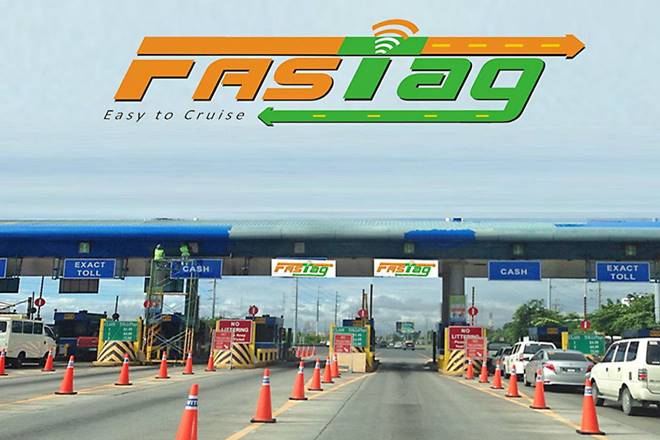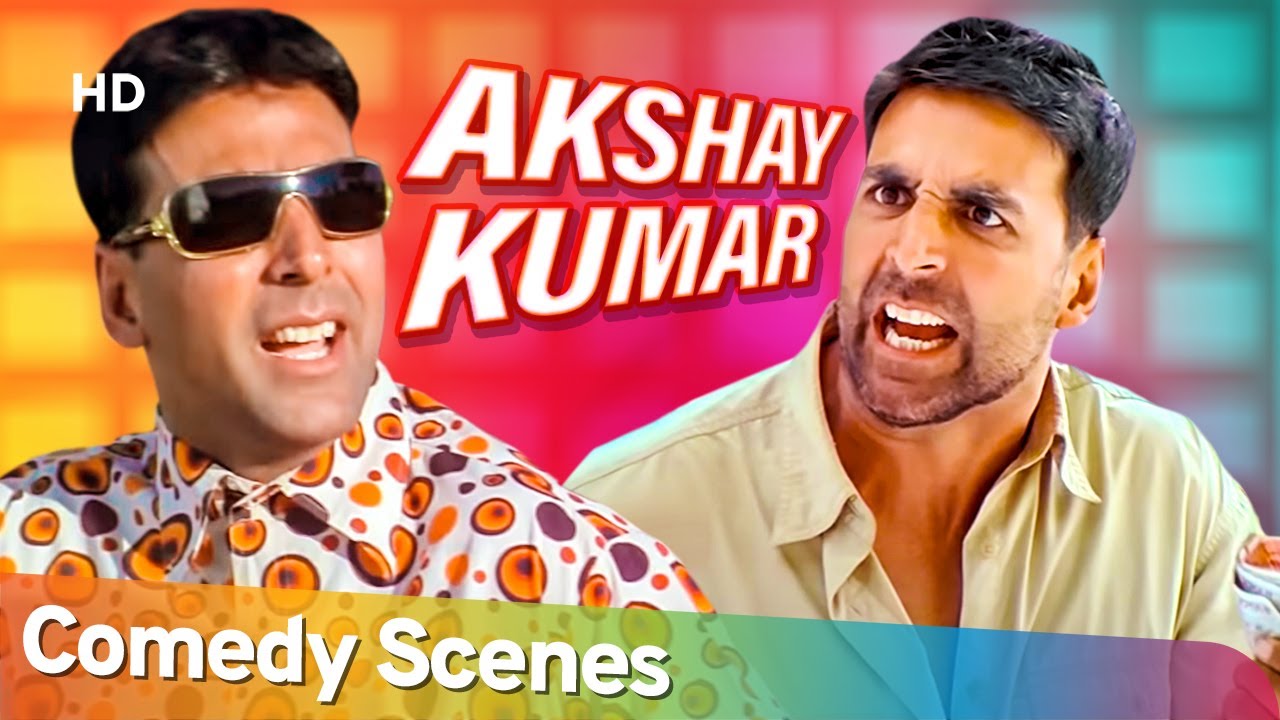Having a solid insurance policy to protect one’s car is absolutely vital today. If not, you will be responsible for covering repair costs if your car is involved in an accident. The Motor Vehicles Act of 1988 mandates that every vehicle operating on Indian roads must possess a third-party insurance policy at the very least. In accordance with this insurance policy, you are compensated in the event that a third person suffers harm or passes away.
On the other hand, comprehensive 4-wheeler insurance will not only give you the advantages of third-party coverage but will also provide you with protection from both natural and man-made disasters, including floods, earthquakes, fire, and terrorism. It is usually preferable to have adequate insurance coverage and keep your insurance than to pay for these costs out of your own pocket.
However, before you purchase car insurance, you need to understand the following terms:
- Third-party cover
Any harm your car may do to a third party’s person or property is covered by third-party car insurance. The third party is offered compensation in order to make up for lost money. *
- Comprehensive cover
Both people involved in the collision are protected by this wide coverage. This coverage will take care of both third-party obligations and own damages. Additionally, you may customise this policy to meet your needs by adding extras like engine protection, lock and key replacement coverage, 24-hour roadside assistance, etc. *
- No-claim bonus
You become qualified for a concession on your rate when your 4-wheeler insurance is renewed if you don’t file any claims during the period of your policy. You may earn a concession of up to 50%. It is, therefore, advisable to avoid minor filing claims that could affect your accrued NCB. *
- Insured Declared Value
The market worth of your car is its Insured Declared Value (IDV). Your insurance will give you your car’s IDV in the event of theft or total loss. Your car’s value declines as it ages, which is how depreciation happens. You receive the post-depreciation sum in the form of IDV. The premium that must be paid will also be minimal if the IDV is low. *
Choose the Zero Depreciation add-on insurance if you wish to get paid the full value of your car rather than its depreciated value. Depreciation won’t be applied to components like glass, fibre, tyres, etc., with this add-on. *
- Personal accident cover
Due to the increasing number of road accidents in India, it is essential to have a comprehensive vehicle insurance policy to protect you from unforeseen circumstances. Your nominee will be compensated under the personal accident cover if you have an accident. *
Before acquiring automobile insurance coverage, each individual needs to be aware of the terms indicated above. In a few simple steps, you may also acquire car insurance online. Using the internet for this task is wise because it prevents you from wasting time and money on middlemen. From the convenience of your home, you can finish the full process yourself and also carry out the car insurance renewal online when the time is due.
In addition to this, if you have any questions about any other phrase, you may easily read about it on the website of your insurer. In order to avoid mistakes during a claim, it is also crucial that you carefully read the terms and conditions as well as the inclusions and exclusions of your insurance policy when you receive the policy documentation.
Car insurance is very important to safeguard your vehicle against expensive repair costs that may result from unanticipated events like a traffic accident, in addition to being required coverage. A suitable motor insurance policy for your car can be purchased with the aid of the terms listed above.
* Standard T&C Apply
Insurance is the subject matter of solicitation. For more details on benefits, exclusions, limitations, terms, and conditions, please read the sales brochure/policy wording carefully before concluding a sale.


